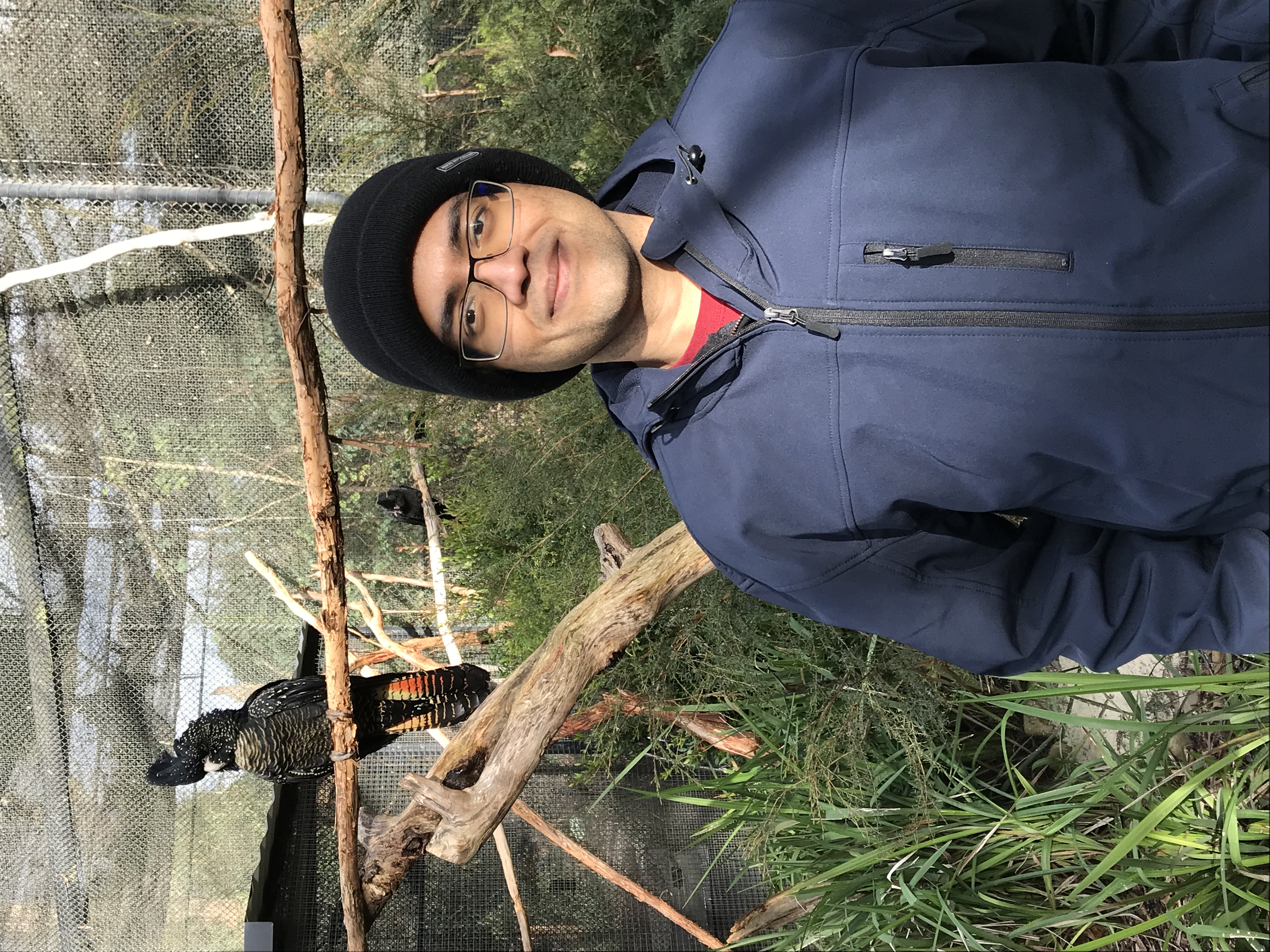About the Current Project

Dr. Chang's research group proposed, developed, piloted, and published an Automatic Text Summarization service named Ask4Summary in 2021 based on Natural Language Processing techniques (Pal, Chang, & Iriarte, 2021). It answered user questions by identifying relevant content and generating summaries only based on the provided materials (Saleh, Chang, & Iriarte, 2022; Saleh, Iriarte, & Chang, 2022) and reached 82.69% success rate for providing quick (0.766 seconds in average) responses of course relevant questions and is open access for users including teachers and students (Kuo, Iriarte, Zou, & Chang, 2023). Following Ask4Summary, an Alberta Innovates/Athabasca University Summer Research Studentship project was proposed in 2024 to design and develop the ChatbotLLM, an open-access system to train educational chatbots [C1]. The ChatbotLLM allows teachers to create courses, choose the desired configuration options, upload the materials, and start to train an educational chatbot on the uploaded course materials. ChatbotLLM's lead developer, AU BScCIS graduate, Supun De Silva, won IEEE Northern Canada Section's Capstone Project Award on October 18, 2024.
This research has the following tasks:
- has web-based dashboard (in PHP) for teachers to create courses and upload any kind of course materials (in PDF, DOCX, DOC, PPT, PPTX, TXT, and even MP3) to the server;
- the machine will then read and digest (with NLTK and other NLP techniques in Python) uploaded materials of courses for training the correspondent large language models (with TensorFlow or TensorFlow Lite in Python) -- i.e., each course will have a trained large language model;
- has a chatbot who can load a trained large language model dynamically so it can respond to students' messages according to the course(s) students are taking -- all the communications will be saved anonymously so we can have domain experts like the teachers to rate the chatbot's performance;
- teachers can give their students a course invite link so students can join the system and then interact with the chatbot;
- the chatbot will also, from time to time, actively ask the students feedback regarding how they feel about their satisfactions, perceived interactions, and the content it provides, etc.
Terms of Use
The VIP Research Group is a research group led by Prof. Maiga Chang at School of Computing and Information Systems, Athabasca University. This "large language models for chatbots" (chatbot.vipresearch.ca) is one of the research group's works. The research group does have follow-up research plan to improve it and further use it in other research projects.
Almost all of Prof. Chang's works are open access (or open source). The web service (chatbot.vipresearch.ca) is now open access and there is no plan to make it open source. The web service is open access and running on a self-sponsored server, as all of other research projects (see Prof. Chang's advanced projects) they will be always online, improving, and accessible as long as the cost can be affordable and covered by Prof. Chang.
Of course in the case that access volume of the web service becomes too high or any business or commerical institution takes advantage of using it to make money, then the terms of using the web service may look for changes; for examples, donations, personal/academic/business license and subscription models, etc. However, it is really too early to say that.
How to Access
Click on the Dashboard button to create courses and upload course material for a created course. Click on the Try It button and provide some text to see our language model in action!
About Us

Our Mission
Our research aims to training large language models, building chatbot, conducting experiments in real courses with teachers, collecting and analyzing collected data, and discussing with teachers and summarizing findings.

Our Supervisor
Dr. Maiga Chang is a Full Professor in the School of Computing and Information Systems at Athabasca University, Canada.

Research Goal
The research focuses on creating a chatbots that use large language models trained on specific course content to answer student questions.
Our Team

Supun DE SILVA
2023
Supun De Silva is an undergraduate student at Athabasca University pursuing a Bachelor of Science majoring in Computing Information Systems with a minor in Game Programming. My current research interest is in using generative AI for education, specifically training chatbots using large language models created by content uploaded by instructors. Other areas of interest include cloud computing, system administration, full stack web development, network programming, database administration, game programming, and system analysis and design. Outside of schoolwork, I like reading books and weightlifting.

Zibusiso MAFAITI
2025
Zibusiso Mafaiti is a 2nd year student pursuing a BSc in computing and information Systems. He is passionate about research particularly it's impact on modern learning.

Owen LI
2025
Owen is a Software devloper in the school Applied Science at Queen's University, Canada

Yi-Ting LEE (Tina)
2025
Tina is an undergraduate student majoring in Digital Multimedia Design at Cheng Shiu University, Taiwan. She contributes to the project mainly through flyer design and basic visual layout work. She is passionate about design, especially in visual communication and graphic design.

Ting-Yu CHOU (Victoria)
2025
Victoria is a 4th year university student majoring information management at National Central University in Taiwan
Videos
ChatbotLLM Research
In this video recording, one of the research projects we have done, ChatbotLLM, is introduced. ChatbotLLM is an IEEE Northern Canada Section Capstone Project winner. As detailed in our accepted paper, ChatbotLLM is not only capable of learning from material in traditional formats like PDF, PPT(X), DOC(X), and TXT, but also reading XLS(X), image-scanned based PDF, images in PDF, DOC(X), and PPTX, and even MP3 with the help of Google's Speech Recognition library.
Using the ChatbotLLM Web App
This guide shows how to use ChatbotLLM directly in your browser.
Using ChatbotLLM on Discord
This guide shows how to use ChatbotLLM on Discord
Using ChatbotLLM on LINE
This guide shows how to use ChatbotLLM through the LINE messaging service.
Frequently Asked Questions
-
What can be the service used for ?
The service can be used to create courses, upload course material for created courses, and train large language models using the uploaded course content.